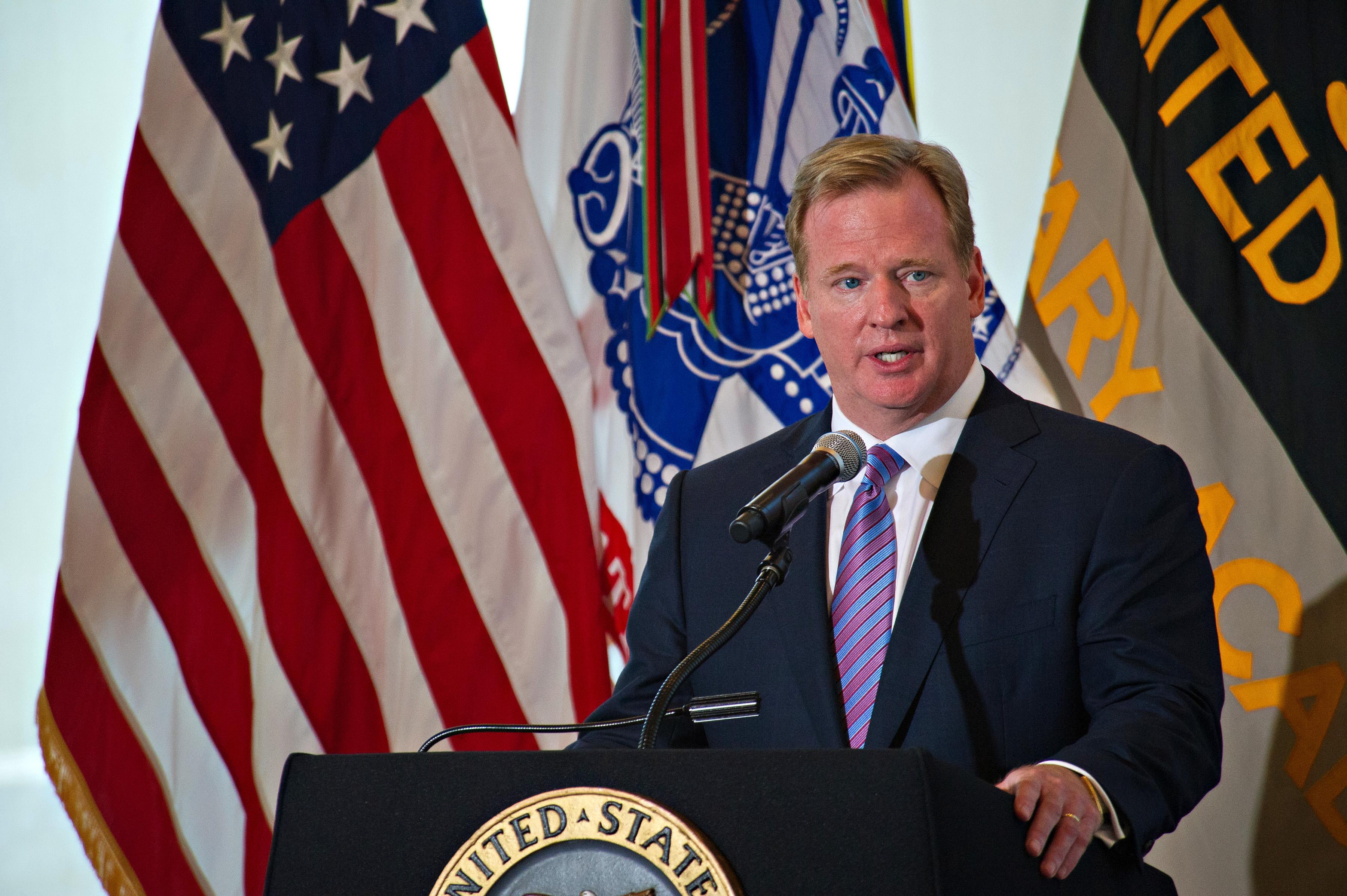Apologies and Their Effectiveness in Repairing Trust

In past issues of Lead Read Today, I have written about my research work on the use of apologies and their effectiveness in repairing trust. These are important parts of leadership.
This week, I am going to analyze two recent apologies: NFL’s Commissioner Roger Goodell's apology to Colin Kaepernick, and Thom Brennaman’s apology to the Cincinnati Reds and Fox Sports. Before digging into each of these apologies, let me review a few things that we have learned from research on the effectiveness of apologies in repairing trust:
There are six components to an effective apology:
- An expression of regret for the offense
- An explanation of why the offense occurred
- An acknowledgement of responsibility for their part in the offense
- A declaration of repentance that the offense will not be repeated
- An offer of repair for the injury that may have been created
- A request for forgiveness for the victim to pardon the offense.
In general, the more of these components that are contained in an apology, the more effective it is likely to be, and some components may be more critical than others.
There are typically two types of trust violations: competence and integrity.
‘Competence’ violations occur when someone makes a mistake or doesn’t have the skills to perform effectively. An apology for a competence violation might be something like, “I’m sorry! I didn’t know that it took special tools to repair that appliance.”
An integrity violation occurs when someone doesn’t tell the truth, cheats or whose actions reveal some flaw in their character. An apology for an integrity violation might come from a child who says to his brother, “I just found your lost iPad!” — when in fact the child had taken it and been playing with it in the basement for the last hour. Apologies (alone) for integrity violations are far less effective in the short term and greater effort is often necessary to repair them.
Several factors in a situation can also help shape an apology’s effectiveness, such as the magnitude of the violation, the timing of the apology and whether prior violations had occurred in the relationship between the parties.
Let’s now turn to the two recent apologies from Goodell and Brennaman. Let’s take the Tom Brennaman one first.
On August 19 during a pregame show, Fox Sports Ohio was coming out of a commercial break and Brennaman was unaware that his microphone was hot. He was heard on the air making a homophobic slur to one of the other broadcasters. While clips of his comment went viral, he went on the air as though nothing had happened, did a promotional commercial and broadcast the first four innings of the game. At that point, he did make an extensive apology on the air into the camera, (interrupted by calling a Reds home run) and then said that “I don’t know if I’m going to be putting on this headset again.”
The next morning, he made another statement through his media representative, apologizing for his inappropriate comments, admitting a terrible mistake — and saying he was sorry and was requesting grace and forgiveness. Later in the day, Fox Sports released a statement that he was terminated, and the Reds also apologized to the LGBTQ community.
While Brennaman’s apology contains a lot of the right phrases for an effective apology, that type of slur is interpreted by many as an unintentional failure of his integrity — his personal value system, a value system that would allow him to have the brutal word come easily to his lips when he doesn’t think anyone ‘important’ is paying attention.
Integrity violations of trust are far more difficult to repair in the short term, and the team and network simply can’t dismiss the possibility that Brennaman might say something similar again. Like many other broadcasters who have been dismissed for unacceptable language or poor personal behavior (Larry King, Charlie Rose, Matt Lauer, Al Franken), Brennaman had to go —and he knew it when he admitted on the air that his broadcasting career would likely be over.
Goodell’s apology is more complex to assess. On a YouTube show, “Uncomfortable Conversations with a Black Man,” Goodell spoke with host and former NFL linebacker Emmanuel Acho about how the NFL has handled recent racial protests, particularly the protest of the national anthem by Colin Kaepernick. In 2016, Kaepernick, then in his fifth season as a San Francisco 49er, began kneeling at the playing of the national anthem as a protest against racial injustice, police brutality and systematic oppression.
The action incited highly polarized responses from fans and players on both sides, including a reprimand from President Donald Trump. Kaepernick became a free agent in 2017 and remained without a playing contract for three years, receiving renewed attention this year after the George Floyd protests. So in August 2020, Goodell ‘apologized’ by saying that “I wished we had listened earlier, Kaep, to what you were kneeling about what you were trying to bring attention to…” “We had invited him in several times (to have a conversation with the League),” but he implied that Kaepernick never responded to the invitation.
Goodell told Acho that he talked with several Black NFL players about the kneeling behavior soon after it happened, and that he regretted how the player’s message in kneeling was misinterpreted as anti-American or anti-military.
When one listens to Goodell in the interview, he sounds sincere (the reader is encouraged to listen to Acho’s full interview online, as well as an NFL direct video release in June 2020 when Goodell said that the NFL was “wrong” in not listening to players “earlier”). Yet, unfortunately, the apology fails on many levels. First, it is at least four years late! Second, it is minimally addressed to Kaepernick himself, and there is no indication that Goodell himself ever reached out personally to Kaepernick, nor did he or the league apparently take any action to stand behind Kaepernick in the 2016 and the following three years when he was not picked up from free agency.
Finally, Goodell’s language is full of ‘corporate speak,’ implying that it was the league which needed to listen and take action, and that Goodell could not (or would not) take action on his own. It seems clear that Goodell’s dominant loyalties are to represent the interests of the owners rather than the players. No one doubts that Goodell has an incredibly difficult job, but his waiting for the Black Lives Matter movement to awaken his (and the league’s) ‘sensitivities’ indicates to me that four years of failed actions reflect a deficit of personal (and professional) integrity from which it is most difficult to recover.
If I were assigning grades to these apologies, I’d give Brennaman a “B+” for his apology, including his quick assessment that he would lose his job, which he did. In contrast, I’d give Goodell an “F” for the inadequacy of his apology and the character of his leadership, but he’s still comfortably employed.


